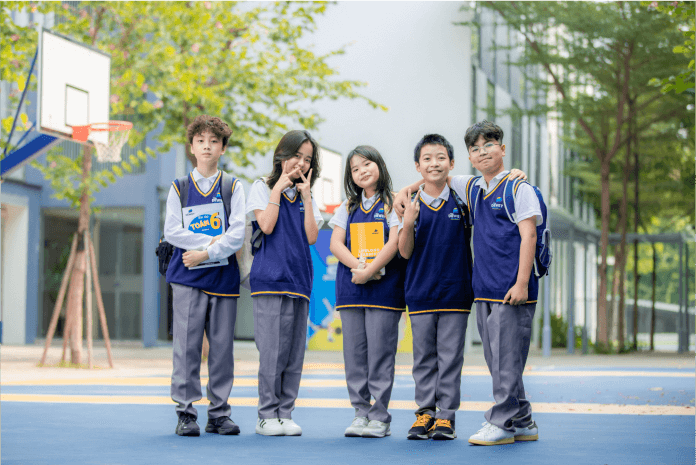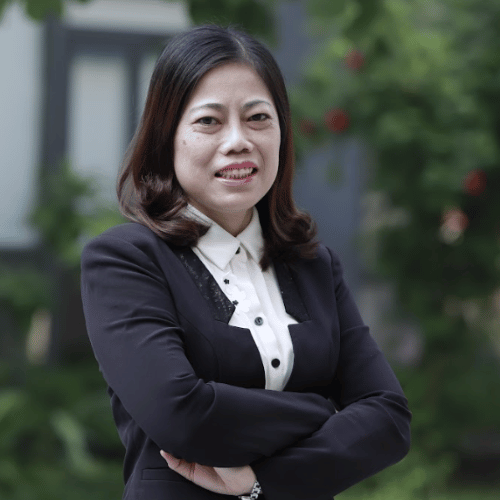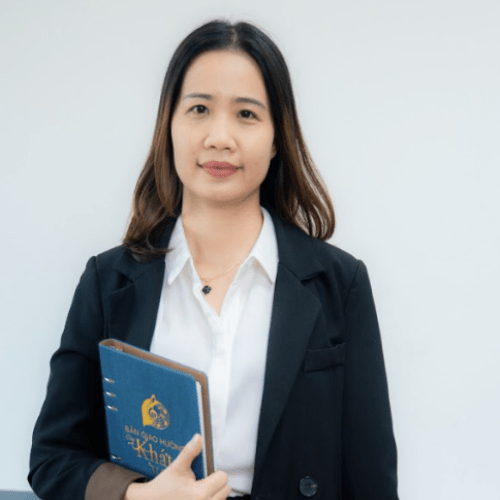The “Positive Parenting” course, organized by The Dewey Schools, has reached its second session under Associate Professor Dr. Le Van Hao, former Deputy Director of the Vietnam Academy of Social Sciences’ Institute of Psychology.

In the first session, parents came to understand that there are no “bad children”; rather, the key lies in parents learning to adjust their own reactions. Moving into the second session, parents began engaging in role-playing activities to practice applying positive discipline in real-life scenarios.


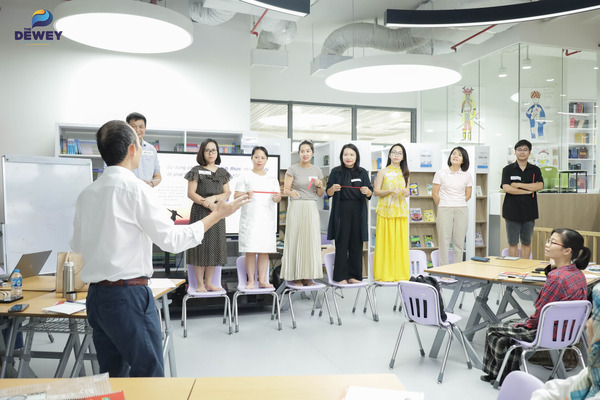
Each parent was tasked with practicing two different communication approaches with their child: one involving firm reminders and the other focused on encouragement. Through this exercise, parents experienced the stark contrast in their children’s reactions when approached with these different communication styles. This served as the foundation for the session’s main theme: “Building and maintaining family discipline.”
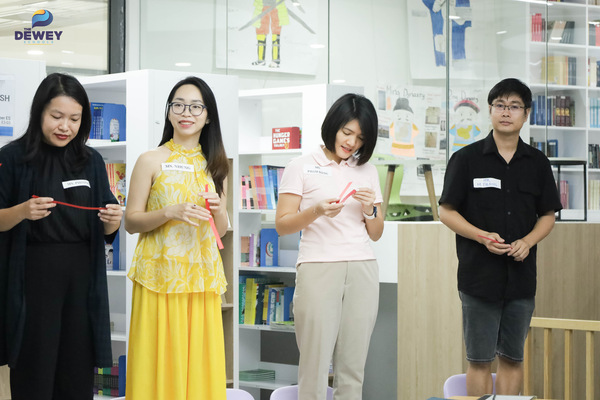
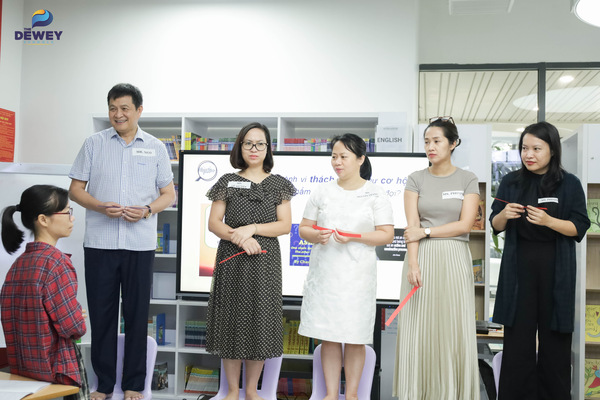
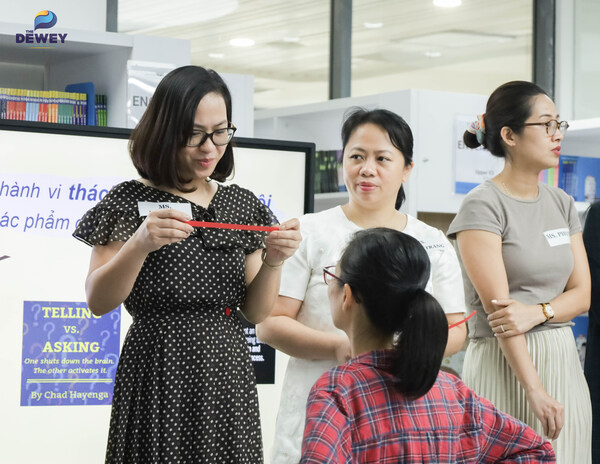
One of the key points shared by Associate Professor Dr. Le Van Hao was the importance of respecting the differences among family members. He emphasized that every child has their own unique personality, and parents should embrace and understand this individuality rather than trying to mold their children into a preconceived ideal.

Dr. Le Van Hao also introduced the concept of family meetings — a valuable method for fostering connection among family members. He explained that family meetings are not just for resolving conflicts but also provide an opportunity to listen to each member’s opinions, collaborate on solutions, and make collective decisions. Parents are encouraged not only to listen but also to empower their children to express their thoughts, guiding them to voice their opinions respectfully while learning to value and consider the perspectives of others.
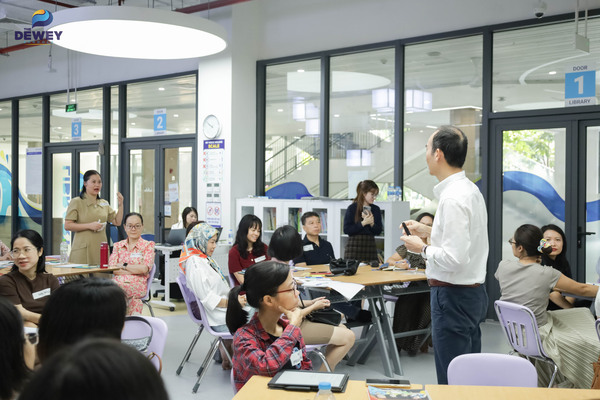
Another significant topic discussed during the session was how to balance being “compassionate” and “firm” in parenting. Dr. Hao suggested that, for example, in a situation where a child refuses to clean their study area, parents can adopt a tone that is gentle yet resolute: “We love you, but you still need to tidy up and keep your space organized.” He explained, “Compassion helps children feel loved, while firmness helps them understand their responsibilities. Parents should not avoid firmness out of fear of losing closeness with their child.”
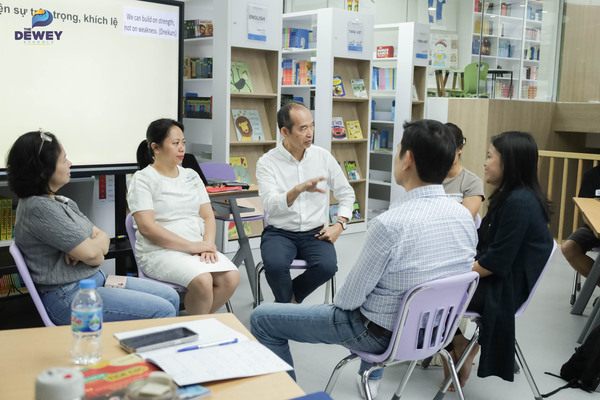
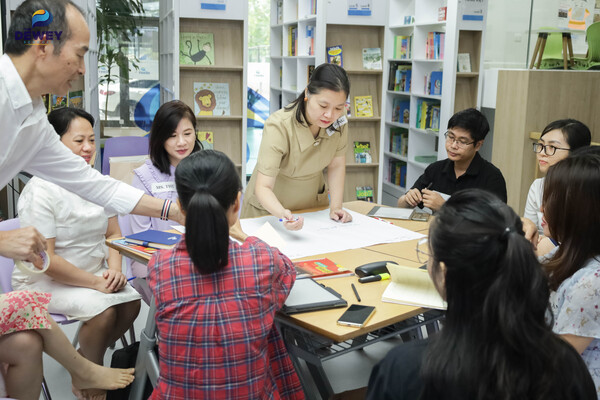
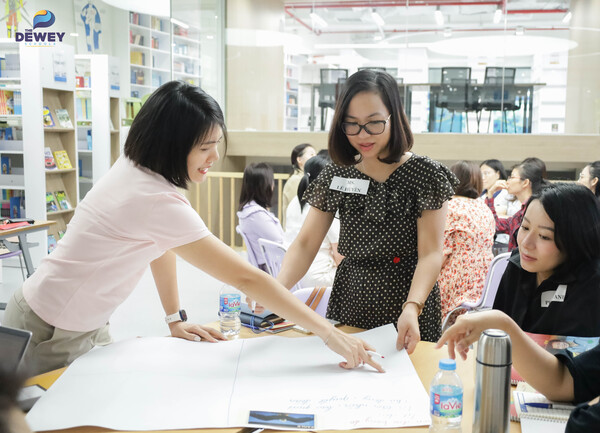

“The most profound takeaway I gained from this second session is the importance of harmonizing compassion and firmness to foster positive discipline. I will definitely start applying this approach with my children right away,” shared Nguyen Thu Trang, a parent who attended the course.

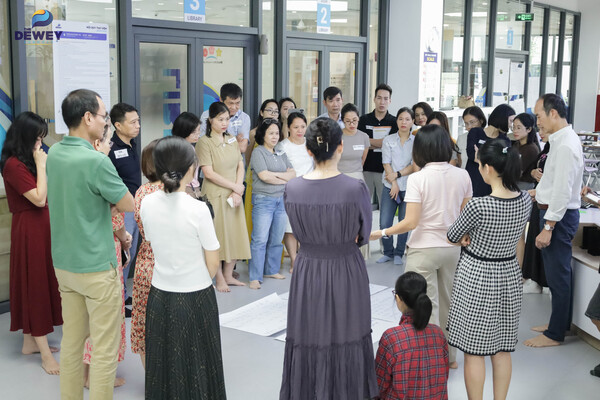
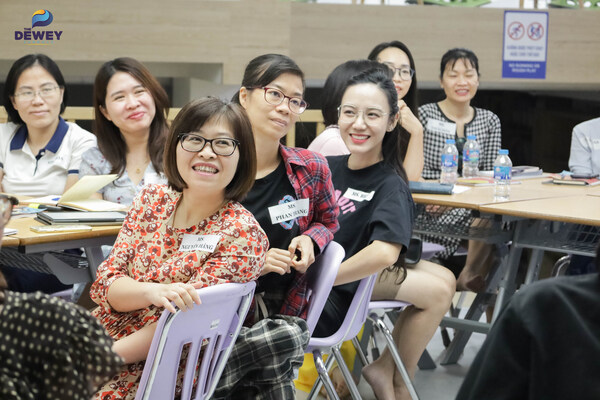
One particularly thought-provoking quote shared by Dr. Hao during the session was: “People do not decide their futures, they decide their habits and their habits decide their futures.” This serves as a powerful reminder that small, daily habits – from how parents communicate to how they handle situations with their children – play a crucial role in shaping the future of the entire family.









